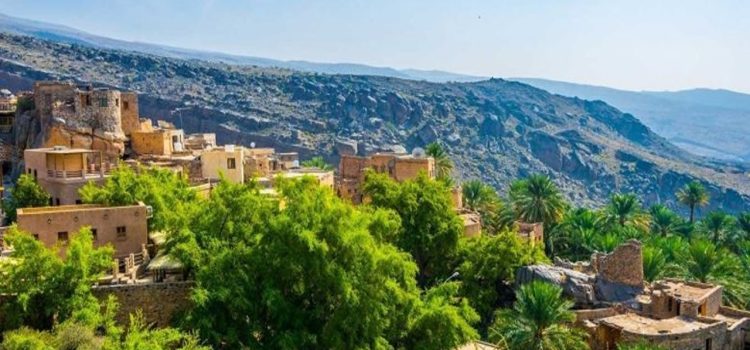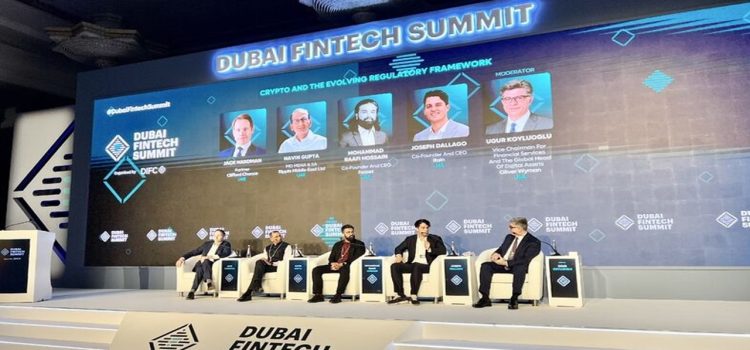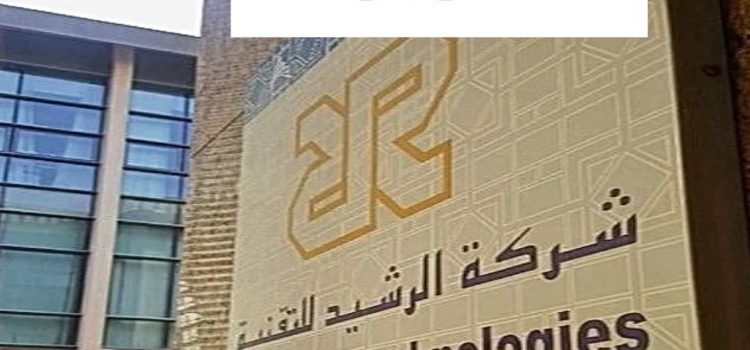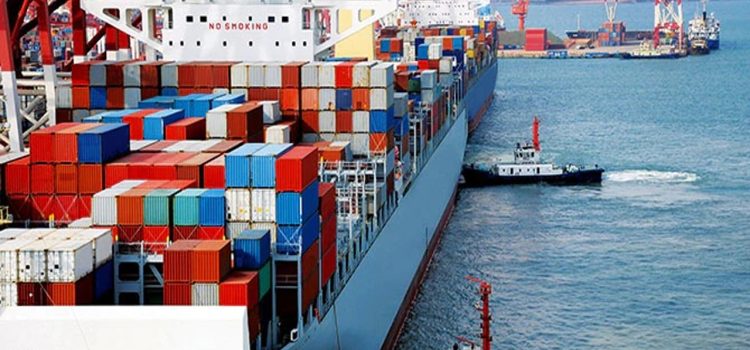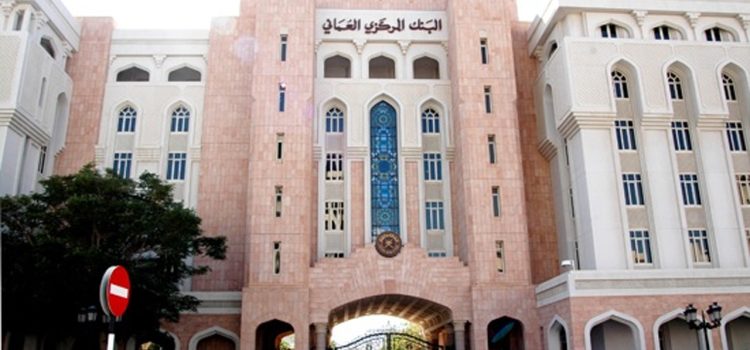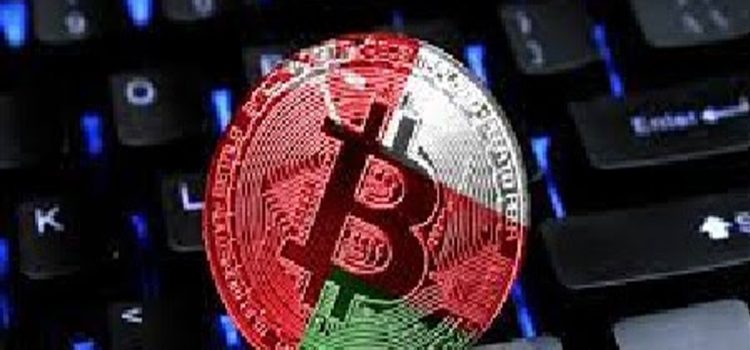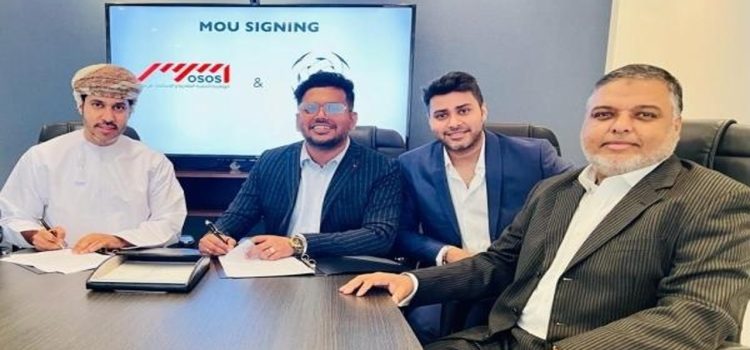
Oman’s Green Data City, the first data center in Oman to obtain a crypto mining license will have full blockchain capacity in 2023. The datacenter which is nestled in Salalah region of Oman, harnesses its coastal location to utilize renewable energy sources.
As per a report in Oxford Business group, the project is set to receive more than $3.2 billion as part of Vision 2040 and is expected to reach full blockchain capacity in 2023.
The MTCIT announced in December 2022 that it secured OR150m ($390m) in investment from a consortium of local and foreign financiers to develop a large-scale data center at Green Data City. The investment is earmarked for the processing and hosting data; and the adoption of distributed ledger technologies, blockchain and financial technology.
In an interview with Said Abdullah Al Mandhari ,CEO of Oman ICT Group, he noted that advanced technologies and blockchain, in particular, have enormous potential to enhance Oman’s long-term economic development, especially considering the current business environment.
He added, “Artificial intelligence (AI), big-data analytics, blockchain and the internet of things (IoT) can boost efficiency and productivity in various sectors, such as finance, education, health care and logistics. It will be important for the energy sector in particular to adopt advanced technologies to increase productivity and align with long-term sustainability standards.”
For his part, Blockchain could be used to provide platforms that manage digital assets and conduct transactions while reducing fraud risks, increasing transparency and streamlining related operational processes. Blockchain would also be able to expand inclusion in the financial ecosystem, as it enables crowdfunding and peer-to-peer lending for small- and medium-sized enterprises.
The report reiterates that the Oman regulator has announced the development of a regulatory framework for virtual assets and virtual asset service providers. This will help underpin the development of the digital asset and financial technology industry in the sultanate.
By regulating virtual assets, the Capital Market Authority aims to provide an alternative financing and investment platform for issuers and investors alike, while mitigating the risks associated with this asset class. The framework will cover activities such as crypto-assets, tokens, crypto-exchanges and initial coin offerings, among others.








